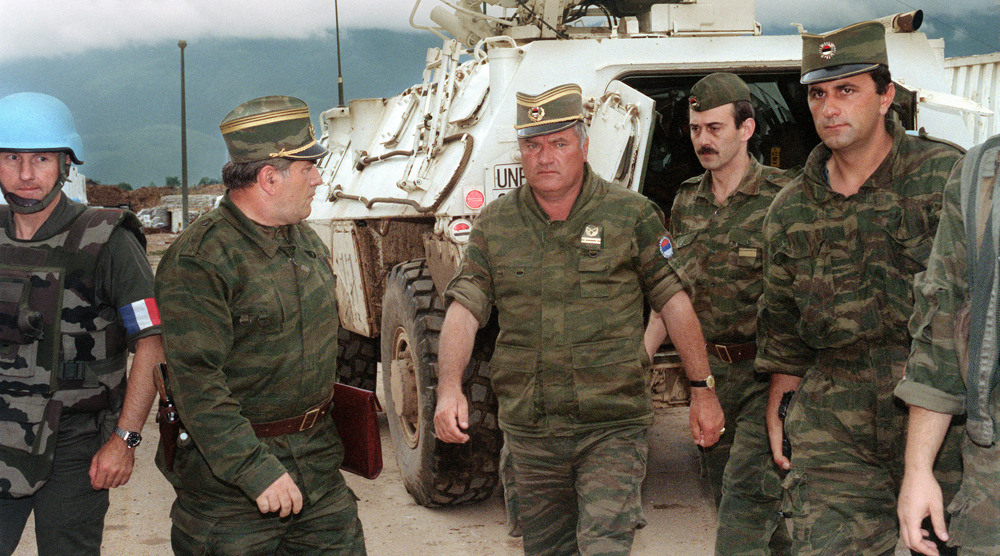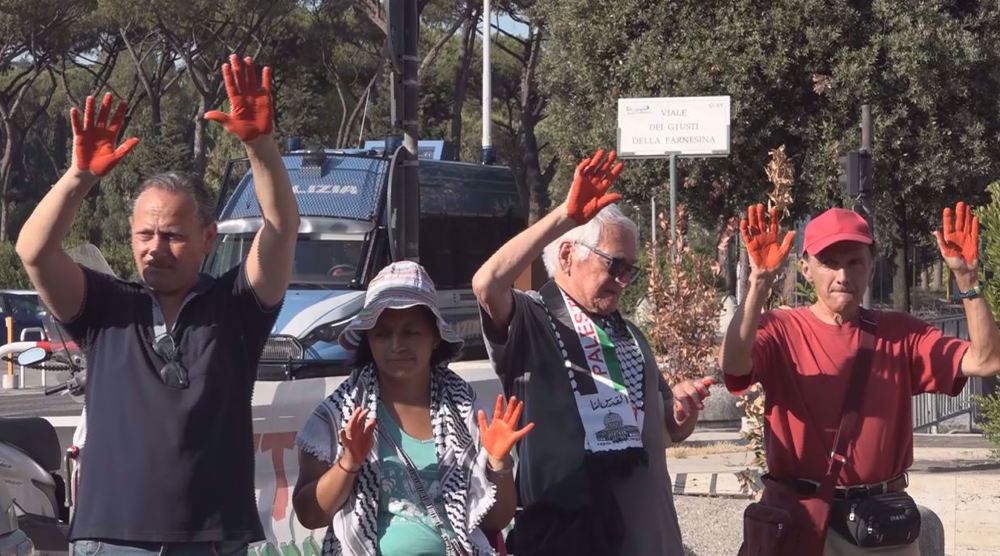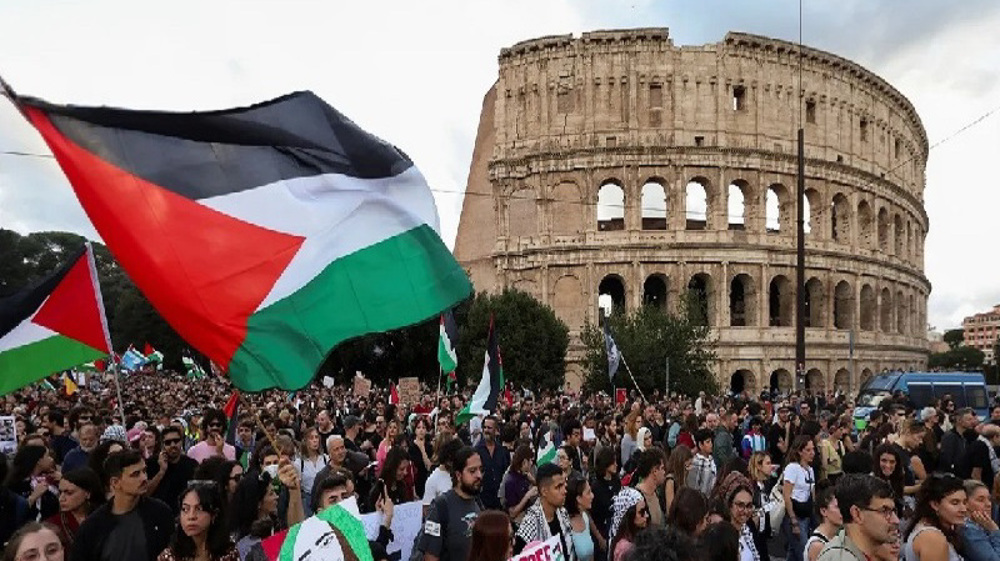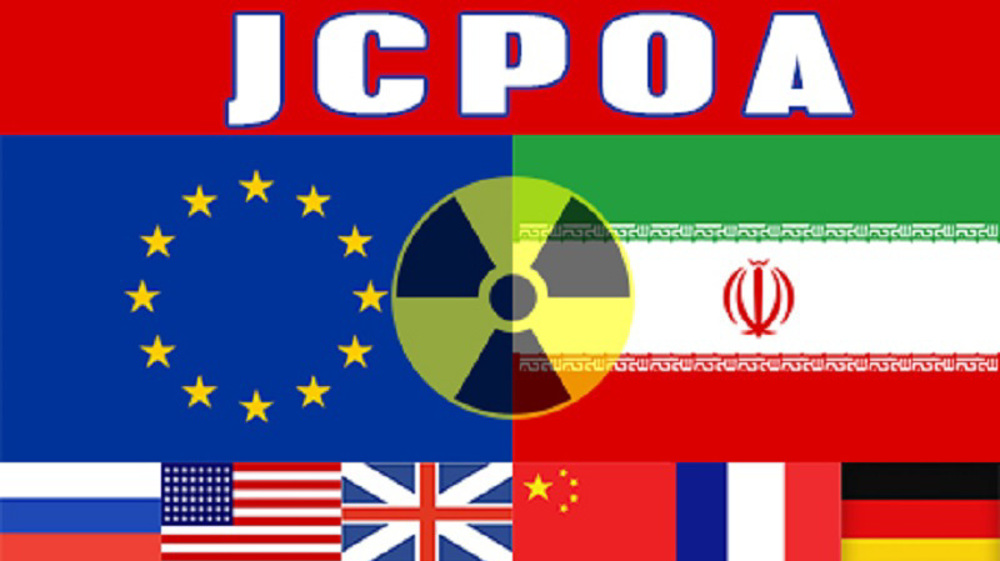‘Butcher of Bosnia' faces final verdict for genocide, war crimes at The Hague
Former Bosnian Serb military commander, Ratko Mladic, known as the “Butcher of Bosnia,” will be handed down a final verdict at The Hague for genocide and other war crimes he committed during Europe’s worst conflict since World War II.
Mladic is expected to appear in the UN war crimes court in the Netherlands on Tuesday to hear the final decision on his appeal against his genocide conviction on the 1995 Srebrenica massacre.
He was sentenced to life imprisonment by a Hague tribunal in 2017, but has appealed the ruling.
Mladic, who spent a decade on the run before his capture in 2011, was convicted of one count of genocide for the massacre of about 8,000 Muslim men and boys in 1995.
Prosecutor Serge Brammertz said he was “cautiously optimistic” about the verdict, telling reporters this week he “can't imagine another outcome than confirmation.”
Families of some of the men and boys massacred in Srebrenica said they will be outside the court on Tuesday.
“This verdict is not only important for the victims and survivors. It is very important for the future of our children, of all of us,” said Subasic, who planned to be at the court with around a dozen supporters.
Munira Subasic, president of one of the “Mothers of Srebrenica” associations, also said, “We will go to The Hague to look the executioner in the eye once again as he is finally sentenced” nearly three decades after the Bosnian War
Prosecutor Brammertz, however, warned the verdict would not bring an end to the divisions in the Balkans, saying it was just “the end of one chapter.”
“Denial of genocide is the last phase of the genocide,” he said.

Mladic's lawyers, however, have sought acquittal on charges that included orchestrating genocide in Srebrenica, and involvement in numerous other atrocities, including the siege of Sarajevo.
On July 11, 1995, the Serb forces commanded by Mladic overran Srebrenica, which had been declared a “safe zone” by the United Nations and was protected by lightly-armed Dutch peacekeepers.
Mladic’s forces sent women and children away and captured and executed men and boys.
In less than two weeks, the Serbian forces systematically murdered more than 8,000 Bosnian Muslim men and boys and buried their bodies in numerous mass graves in an attempt to hide their crime.
Almost 7,000 of those killed have been found and identified, but some 1,000 others are still missing.
The massacre occurred while UN peacekeepers stood by fecklessly and NATO refused to intervene.
The 1992-1995 war killed more than 100,000 people and left millions homeless, most of them Muslims.
According to prosecutors, Mladic personally oversaw the atrocities as part of a campaign of ethnic cleansing to drive out Muslims.
During the two-day appeal hearing in August 2020, the ailing 78-year-old former general raged that he had been “pushed into war” and dismissed the court as a “child of western powers.”
Prosecutors, however, were not content that the former commander was convicted for genocide only in Srebrenica and not also in other areas, where Bosnian Serb forces tortured, imprisoned, killed and expelled non-Serbs under his command.
A researcher at the T.M.C. Asser Institute in The Hague, Sofia Stolk, said the final verdict is important because it closes the tribunal's last key case and because it concerns genocide, the deliberate killing of people from a particular nation or ethnic group with the aim of its destruction.
The reaction in the Balkans to this and other war crimes trials is predictably mixed, however, she said.
“It's both received as having an impact on transitional justice and to contribute to justice for the victims of the crimes committed there and … it’s also been regarded as a political trial ... mastered by the West,” Stolk said
Nearly three decades after the war ended with a US-brokered peace agreement, Bosnia is still plagued by deep ethnic divisions.
Bosnian Serbs still praise Mladic and former Bosnian Serb leader Radovan Karadzic.
Posters, monuments and painted images of the former commander can still be seen in the Serb-dominated half of Bosnia called Republika Srpska.
Many people in the region say that Mladic's conviction is the result of fabrication and Western support for rival Bosniaks and Croats.
Serb war veteran Milije Radovic from the eastern Bosnian town of Foca said that he “cannot accept any verdict. For me, he is an icon. And for the Serb people, he is an icon.”
Mladic's son, Darko Mladic, claimed in an interview his father is innocent and that his rights have been violated during the trial.
The only legally appropriate decision would be to annul the initial conviction, he said.
Mladic himself said during the court at his appeal hearing in October 2020 that the collapse of Yugoslavia was the result of a Western plot.
The continued denial of wartime atrocities has become a major obstacle in the path to reconciliation in the country.
Politically, the country is also divided into two entities — the Muslim-Croat Federation and the Republika Srpska.
Bosnian Muslims have long campaigned for the denial of genocide and war crimes to be outlawed. But Serb lawmakers in the central parliament have blocked all attempts to pass the measure.
Palestinian resistance fighters hit Israeli Merkava 4 tanks
VIDEO | UK police brutal assault on Muslim family sparks outrage, protests
Hamas: Death of leader in Israeli jail amounts to murder
EU sends €1.5 billion to Ukraine from frozen Russian assets
VIDEO | Millions of Yemenis rally for Gaza, call for more anti-Israel operations
UN chief calls for Olympic truce as games begin in Paris
Paris Olympics begin as sports world reeling from loss of 400 Palestinian athletes in Gaza war
Iran warns ‘sworn enemies’, says sidekicks of US, Israel ‘displaced’ with bloody hands












 This makes it easy to access the Press TV website
This makes it easy to access the Press TV website